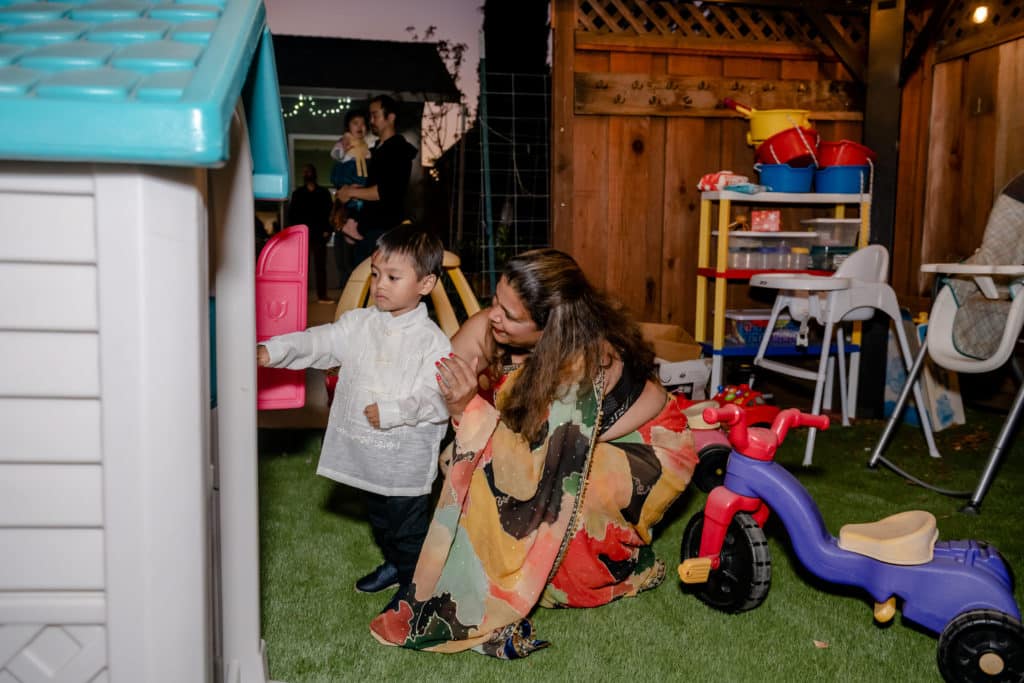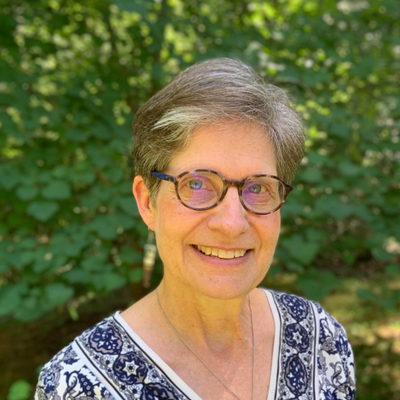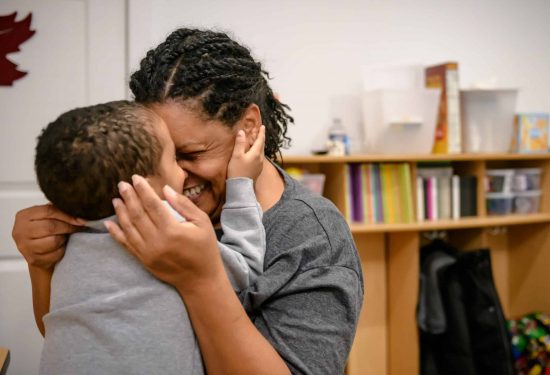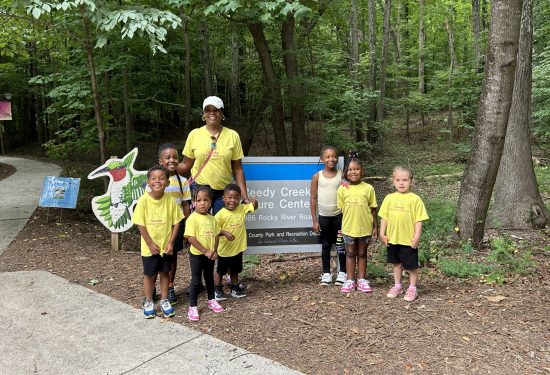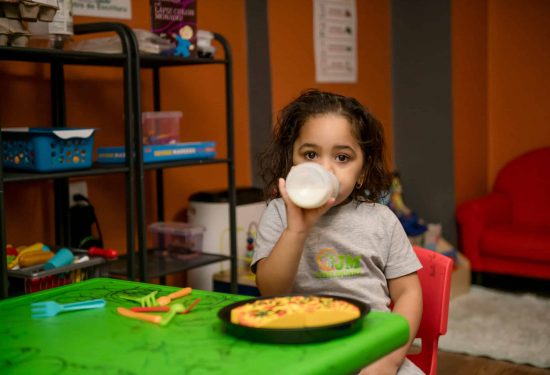“A home is a place where you feel like you belong,” says Just 4 Kids child care director Pamela Childress, of Aurora, Illinois. “I do everything I can, including celebrating many different holiday traditions, to make the children I care for feel at home because we are just like family.”
Home-based child care programs like Pam’s are often the first choice of families of young children because of this family atmosphere and cultural responsiveness. The children in Pam’s care come from diverse economic, cultural and religious backgrounds. Their parents work as doctors, teachers, a police officer, a Walmart clerk, a baker, and a United Airlines agent. “I love that we’re so diverse,” Pam says. “That means we get to share and learn from each other.” For Thanksgiving, one of Pam’s families who immigrated from Guatemala made empanadas for everyone. “We found the recipe in a cookbook and explained how to make it. We looked up Guatemala on the map and talked about how far away it is.” Children loved the new experience and everyone was able to participate. For Hanukkah, Pam’s kids lit a menorah and learned the meaning of the festival of lights. After Christmas, they’ll also celebrate Kwanzaa and hold a Karamu feast in honor of African American heritage.
Shruti Agarwal, owner of Shruti’s Family Daycare in Livermore, California, recently celebrated Diwali, a major Indian holiday with the children and families of her program. She dressed in a sequined saree, adorned with golden bangles and earrings, to share with children traditions that honor prosperity, goodness, and knowledge. Families joined in the celebration, dressing in traditional attire and celebrating with traditional Indian food. One parent offered henna tattoos, painting elaborate designs on the hands of all who were interested. The families of most children enrolled in the program have Indian heritage and many chose this program because of the shared cultural background. Those without Indian backgrounds had the opportunity to experience this rich immersive cultural experience firsthand, some for the first time.
Cynthia Davis, a home-based child care provider in Washington, DC uses the story of Santa delivering presents to teach her students how the mail works. Children in her care decorate a poem with their handprints and other artwork, then send the poems to Santa via a special mailbox outside Cynthia’s home. “Santa always sends those poems home to the parents because he cares about children,” says Cynthia. She instructs parents to open the letters with their children and then take a photo of their family with the letter. Then families send the photo back to Queens and Kings Childcare Center, so that children can receive mail again and hang their photos up as Christmas decorations. Traditions like this, along with Cynthia’s grandmother’s stuffing and homemade mac and cheese, go a long way to helping the children in her care feel loved and connected to family even when their folks are at work.
Home-based providers like Pam, Cynthia, and Shruti make space for cultural celebrations not only to spread holiday cheer and spice up the seasonal activity calendar. Celebrating their own holiday heritage and the cultural traditions of the families they serve also strengthens children’s cultural identity and sense of belonging. That is why, if you ask parents why they prefer home-based care, they might tell you their child care provider reads books in Spanish or that families are invited to join in the Diwali feast or that their children learned the history of Kwanzaa. Or they might just say, “It feels like home.”
